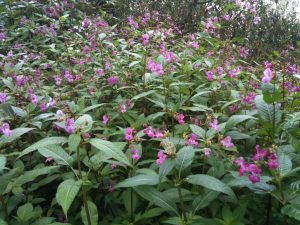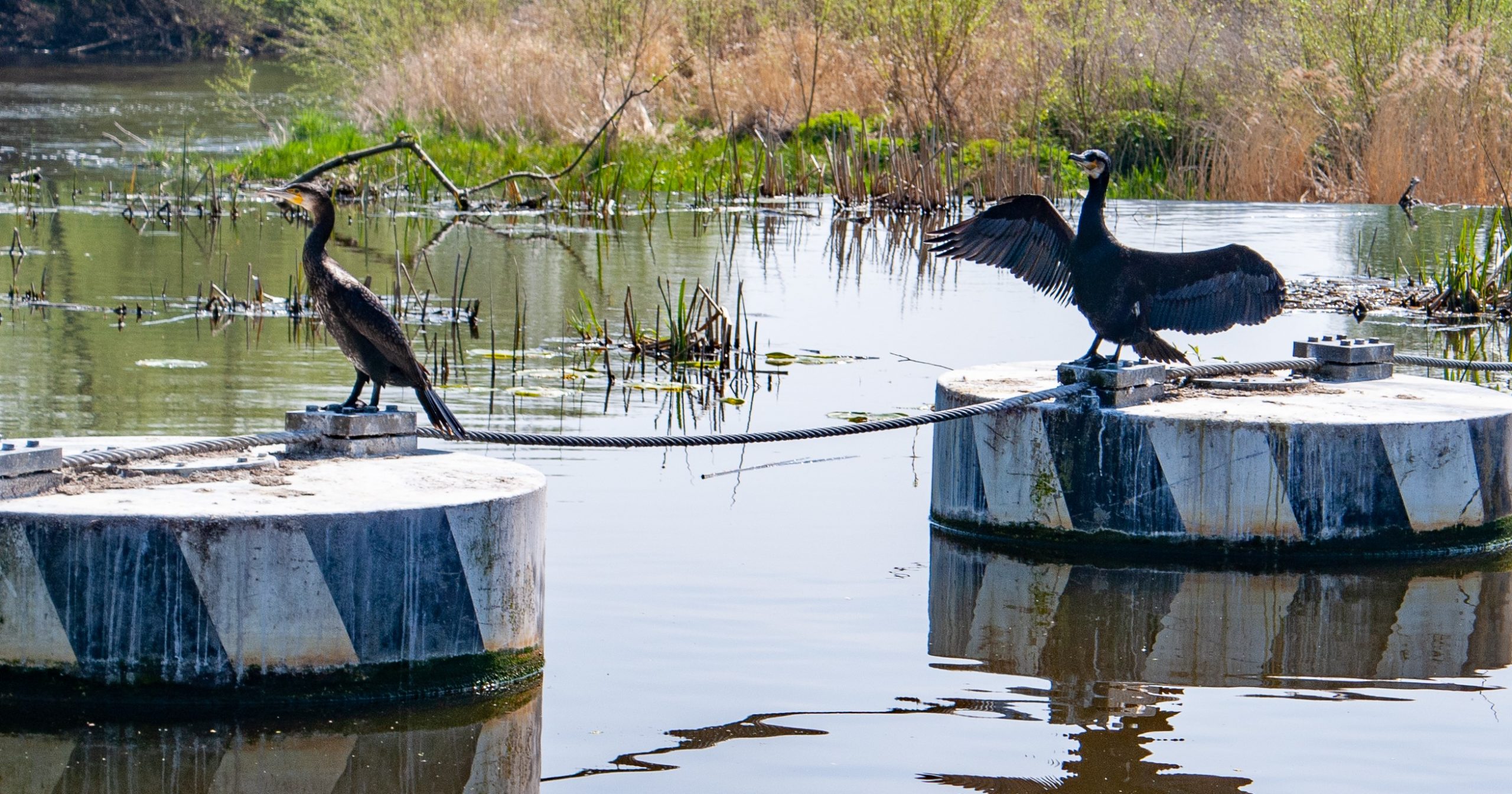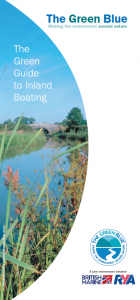ANT’S commitment to the Environment
ANT is committed to maintaining and where possible enhancing the natural environment of the river. To this end ANT work to an Environmental Policy. This Environmental Policy covers everything from operations to do with works on the river to ANT’s long term strategies.
ANT Volunteers
Reachmasters, lock keepers and volunteers meet regularly and are passionate about keeping the river environment at its best.
If you would like to help us care for the environment, register that you would like to become a volunteer here:
Adopt a section of the river
We have several clubs and organisations that have adopted sections of the river. By simply getting together as a group and doing a few litter picks a year it can really help to keep the river looking its best and also keep litter and plastic out of the waterways.
Toilets
Sea toilets – that pump effluent straight out into the waterway – are obviously NOT acceptable on the River Avon (or any other inland waterway). There are disposal points along the river for cassette (chemical) toilets, and there are several pump out stations where holding tanks can be emptied. The best way to find out where these are is in the ‘Navigation and Visitors Guide’.
Invasive Species
Working together, we can help prevent the navigation from being adversely effected by invasive species. Small boats launching in different waterways, or boats coming from other networks, could easily bring seeds or even tiny animals with them. This can easily be prevented by washing, cleaning and drying your craft. Please do all you can to make sure your craft is safe and clean prior to coming onto the River Avon.
Floating Pennywort
There is some Floating Pennywort on the lower sections of the river. The Environment Agency are aware of this, they have conducted a detailed survey and are raising funds so they can put into action their 3 year plan.
It is important that it isn’t accidentally spread upstream from Eckington Bridge. There is a great resource database on the invasive species website:
Boaters » NNSS (nonnativespecies.org)
Please visit the link and follow the guidance on how to ‘prevent the spread’.
Himalayan Balsam
There is one species in particular that is starting to spread along the waterway – Himalayan Balsam. It is not native, spreads fast and can over dominate other species, but the good news is that it is relatively easy to remove. It is easiest to spot when the flowers have just come out (May, June). Before the seed pods have developed and about to burst (towards the middle of summer), it can simply be pulled up (the roots are shallow), and the remains ‘stamped’ into the ground to aid composting. This will stop the seeds spreading and as it is an annual will hopefully stop it returning.
It looks like this:
 If you see it, pull it up, and stomp it into the ground.
If you see it, pull it up, and stomp it into the ground.



 If you see it, pull it up, and stomp it into the ground.
If you see it, pull it up, and stomp it into the ground.